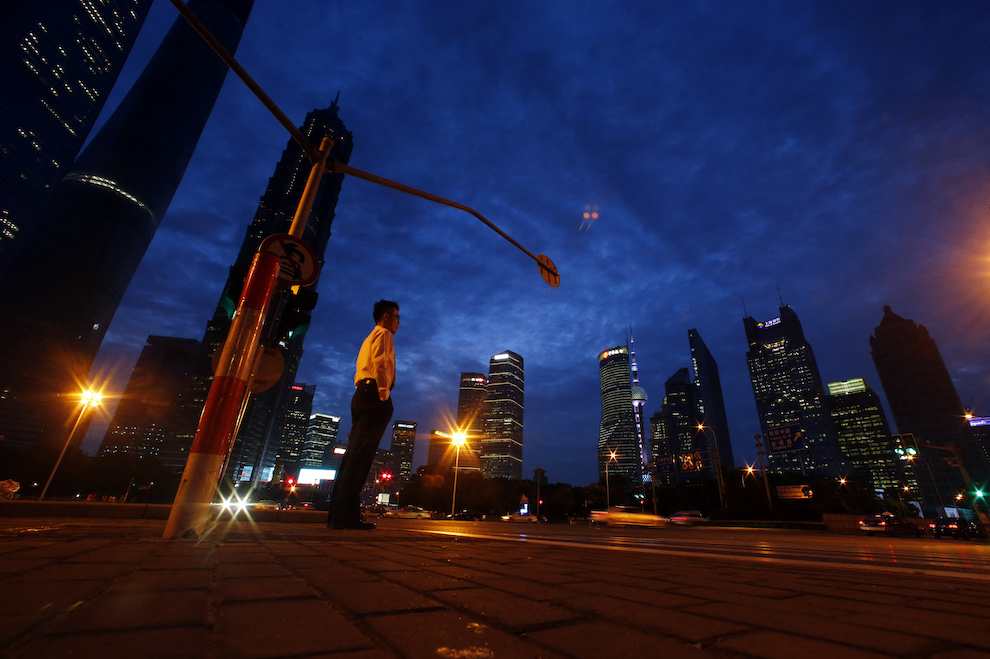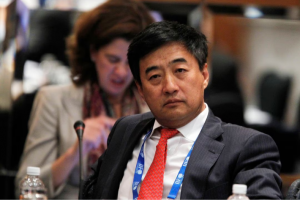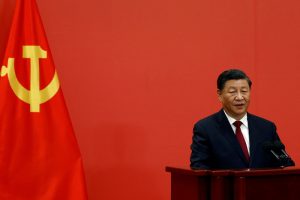China’s fiscal revenues rose 10.7% in 2021 from a year earlier, bolstered by last year’s economic recovery, Vice Finance Minister Xu Hongcai said on Tuesday, as the government makes 2022 budget plans.
Gross domestic product (GDP) expanded 8.1% in 2021, the fastest in a decade due partly to the low base from 2020 when Covid-19 jolted the economy, comfortably beating an official target of “above 6%”.
“Steady GDP growth laid a good foundation for fiscal revenue growth,” Xu told a news conference.
2021 revenues totalled 20.25 trillion yuan ($3.20 trillion), trailing expenditures of 24.63 trillion yuan, which grew 0.3%, Xu said.
China cut taxes and fees by over 1 trillion yuan last year, Xu said.
The government is making its 2022 budget plans by analyzing the economic situation and many uncertain factors, Xu said without elaborating, though there are concerns over a recent rise in Covid-19 infections.
China will reasonably set the annual quota on local government bonds this year to boost infrastructure investment, focusing on projects under construction and major projects, while preventing debt risks, Xu said.
The Finance Ministry has issued 1.46 trillion yuan in the 2022 advance quota for local special bonds.
And the government will unveil greater tax and fee cuts in 2022 in response to the downward pressure on the economy, Xu said.
The central government will boost its transfer payments to local governments to help ease their fiscal strains and deliver the planned tax and fee cuts, he said.
China will be able to achieve economic growth of around 5.5% in 2022, an adviser to the government’s cabinet said last week, though some independent analysts became less optimistic after recent data pointed to slowing momentum.
‘Focus on stable growth will ease shocks’
The shift of China’s top economic goal in 2022 to stabilise growth is likely to moderate concerns over regulatory shocks in the corporate sector as the government refines industry policies to avoid economic disruptions, Fitch Ratings said on Tuesday.
“Strict supervision and scrutiny of private capital, however, is likely to become a new norm, with the aim of directing capital to the state-encouraged areas,” the agency said in a note.
China’s Politburo ordered regulators at all levels to ensure smooth running of the economy in 2022 at December’s Central Economic Work Conference, which outlines top economic goals for the coming year, Fitch said.
But policymakers were likely to accelerate infrastructure investment as a key economic stabiliser, and bolster domestic consumption while overseas demand remained uncertain.
The conference addressed concerns over further policy headwinds after intense regulatory shocks in 2021.
The politburo clarified that economic development would still be prioritised under the “common prosperity” initiative, the rating agency said, with wealth sharing mainly realised through a distribution system that favour the employed, as well as improved public services.
• Reuters with additional editing by Jim Pollard
ALSO SEE:
Explainer: How ‘Common Prosperity’ is Changing China
From E-Commerce to Education, China’s Season of Regulatory Crackdown
Cash-Strapped Shimao Sells Stake in Asset to State-Run Partner
China a Step Closer to Unifying $20tn Bond Market – Caixin
























